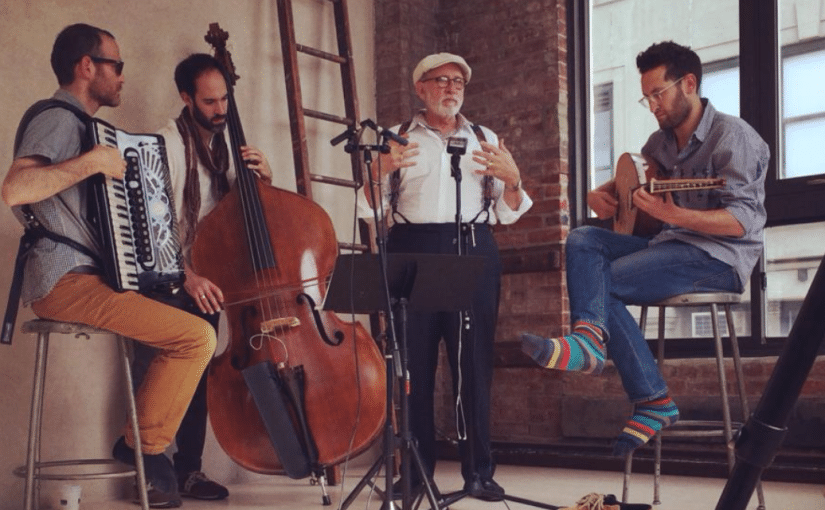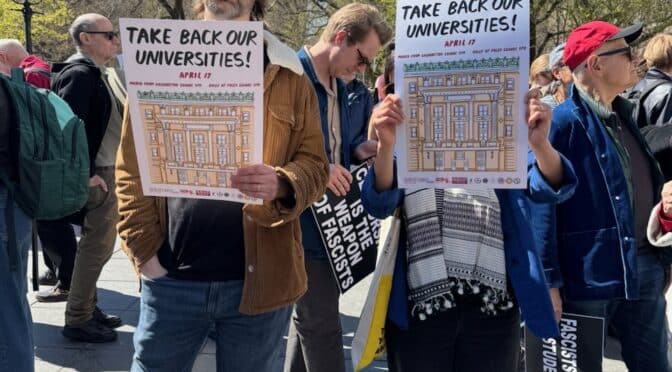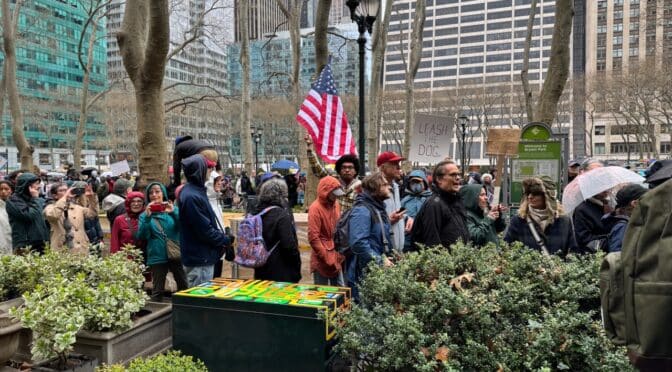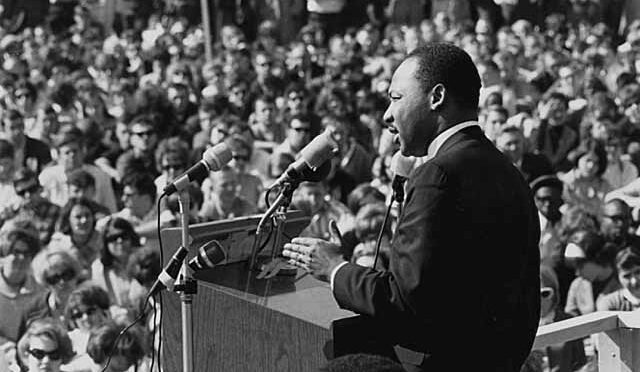by Rabbi James Ponet
Dear Friends, Reb Zach (Fredman) called it “The Destruction,” this morning as we thought aloud together about the memory and imagination that shapes and informs Holocaust Memorial Day, this young Jewish commemoration established in 1953 by the Israeli Knesset and named Yom Hashoah v’ha-Gevurah (“Day of Catastrophe and Heroism”). For many Israelis memory of the Holocaust serves to explain the necessity for a sovereign Jewish state.
But what role does—or should—the memory of WWII occupy in the minds of American Jews today? Should we let the great Summer fast of Tisha B’Av swallow and incorporate this most recent Jewish devastation? Should we assimilate Holocaust to the hurban archetype in Jewish collective memory which, in addition to marking destruction of the first Temple in Jerusalem in 586 BCE by the Babylonians, and destruction of the Second Temple and of Jerusalem by the Romans in 70 CE, has stretched to incorporate the Crusades of the 12 th century, the Spanish Expulsion of 1492, the Chmielnitzki massacres of the 17 th century and even, as some hold, the pogroms and disruptions associated with WWI? Or have these early disasters somehow been eclipsed by something of much greater magnitude and ongoing urgency to us?
Do we do best to regard the destruction of European Jewry primarily as a Jewish event or perhaps also as a “crime against humanity,” the term used by the prosecution in the Nuremberg trials (1945 – 1949)? Is it possible that by striving to understand just what happened in Europe between 1933 and 1945, we might gain a new sense of responsibility not only for the survival of our people, but for the survival of the very notion of “humanity?”
In concluding his most recent book, Black Earth: Holocaust as History and Warning, Timothy Snyder observes: “We share Hitler’s planet and several of his preoccupations; we have changed less than we think. We like our living space, we fantasize about destroying governments, we denigrate science, we dream of catastrophe. If we think we are victims of some planetary conspiracy, we edge towards Hitler. If we believe that the Holocaust was a result of the inherent characteristics of Jews, Germans, Poles, Lithuanians, Ukrainians, or anyone else, then we are moving in Hitler’s world. Understanding the Holocaust is our chance, perhaps our last one, to preserve humanity…The evil that was done to the Jews—to each Jewish child, woman and man—cannot be undone. Yet it can be recorded, and it can be understood. Indeed it must be understood so that its like can be prevented in the future….”
Stark but compelling, Snyder’s words pull me this year deeper into a sense that while the state system may be the best political safeguard we have against anarchistic mass murder and genocide, the best we as individuals can do in a world that teeters toward self-destruction, is to stay close to kindness, generosity, compassion and love. That is, to attend to the muffled inner cries for justice, relief, attention that we discern in the eyes of others and the ones that sometimes we hear in our own hearts.
Shabbat Shalom, Rabbi James Ponet
Rabbi James Ponet and Rabbi Zach Fredman of the The New Shul in New York City originally posted this essay as part of a The New Shul mailing.
Explore the weekly musical mode on the image below.




